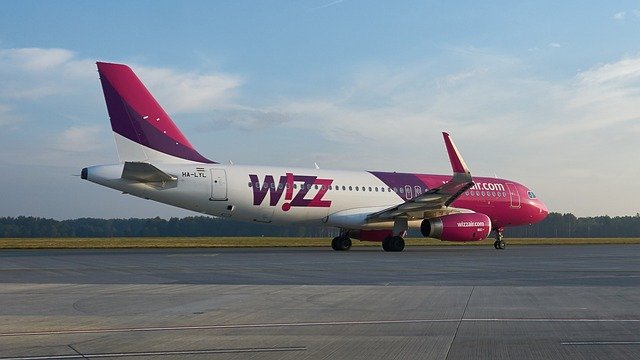Flight Attendant Jobs: Roles, Routes, and How to Get Started
Working as a flight attendant blends travel, people skills, and safety responsibilities into a unique career. Whether you picture cabin service on a long-haul commercial aircraft or bespoke hospitality aboard a private jet, this role requires training, professionalism, and adaptability. Below are clear explanations of what to expect, how private-jet and luxury roles differ from airline positions, and practical steps to pursue flight attendant jobs without implying active job listings.

Aviation: What does in-flight work look like?
In commercial aviation, flight attendants are responsible for passenger safety, emergency procedures, and in-cabin service. A typical shift includes preflight briefings, safety demonstrations, monitoring cabin conditions, and serving food and beverages. Long-haul routes often mean multi-day layovers, whereas regional or domestic routes can involve quick turnarounds. Employers emphasize regulatory compliance, crew resource management, and the ability to remain calm under pressure. Flight attendants must meet medical and certification standards set by national aviation authorities.
Private Jet: How is it different from airlines?
Private jet service is generally smaller scale and more personalized. Crews may operate for a single client or multiple high-net-worth passengers, delivering tailored menus, ground coordination, and discreet service. Schedules are often more flexible but can demand irregular hours and last-minute changes. Training for private-jet positions may include fine-dining service, advanced etiquette, and bespoke safety procedures for varied aircraft types. Private-jet roles often require heightened confidentiality and discretion compared with large commercial carriers.
Flight Attendant: What skills and qualifications matter?
Core qualifications typically include a high school diploma or equivalent, customer-service experience, and the physical ability to perform safety tasks. Airlines usually require completion of company-specific training academies and certification in first aid and evacuation procedures. Key soft skills are communication, cultural sensitivity, conflict resolution, and teamwork. Language skills are a strong advantage for international carriers. For private-jet positions, additional hospitality credentials and experience in luxury service can be decisive.
Luxury: What service standards are expected?
Luxury cabin roles emphasize attention to detail, anticipating passenger needs, and delivering a refined experience. Standards cover presentation, curated menus, knowledge of premium beverages, and managing bespoke requests such as pet transport or special medical considerations. Upskilling in fine dining service, wine pairing, and etiquette can set candidates apart. Regardless of the setting, safety remains the non-negotiable priority, with service excellence layered on top to meet high passenger expectations.
Career: How to start and where to apply?
Begin by researching employer types — major airlines, regional carriers, and private-jet operators — and identify role requirements. Build a resume highlighting customer service, language skills, and any aviation-related certifications. Attend airline recruitment events, register with reputable local aviation staffing agencies, and monitor official careers pages for openings. When applying, emphasize safety training, adaptability, and professionalism. Note: the employers listed below are examples of organizations that hire cabin crew; inclusion here does not indicate current vacancies. Always verify openings directly through official company careers pages or local services that assist with aviation hiring.
| Provider Name | Services Offered | Key Features/Benefits |
|---|---|---|
| Delta Air Lines | Commercial passenger flights (domestic & international) | Extensive route network, formal training academy, large-scale crew operations |
| Emirates | Long-haul international commercial flights with premium service | Known for luxury long-haul service, multilingual crews, comprehensive in-house training |
| NetJets | Fractional ownership private-jet service | Personalized schedules, boutique crew experience, high standards for hospitality |
| VistaJet | Private jet charter and membership-based flights | Focused on consistent luxury service, global reach, specialized cabin crew training |
| Qatar Airways | International commercial airline with premium product | High service standards, long-haul expertise, career progression opportunities |
These providers are listed for informational comparison only; their inclusion is not an endorsement and does not indicate the presence of active job openings. Verify current hiring and role details on each company’s official careers page or through verified local services.
Conclusion
Flight attendant jobs span a wide spectrum from high-volume commercial operations to intimate private-jet roles, each with its own mix of safety responsibilities and service expectations. Prospective candidates should focus on training, customer-service experience, and industry-specific qualifications while using official employer channels and trusted local services to confirm hiring opportunities. With the right preparation, a flight-attendant career can offer travel, varied work environments, and the chance to develop specialized hospitality skills.




